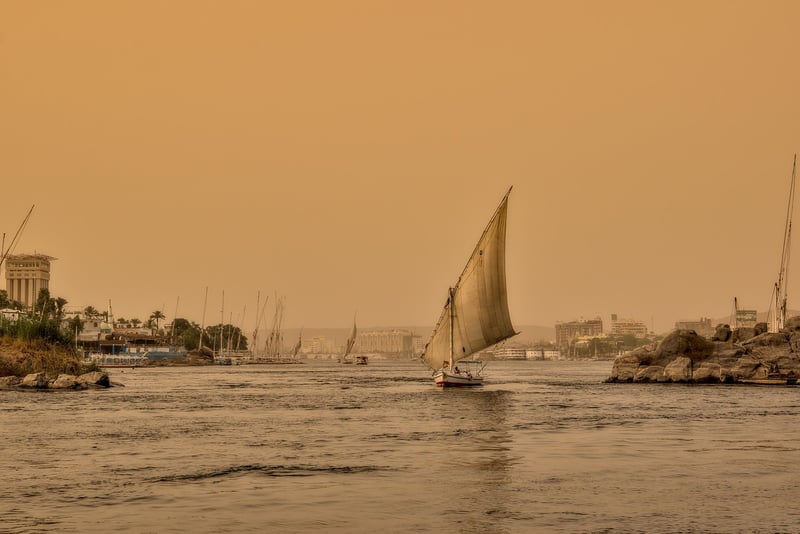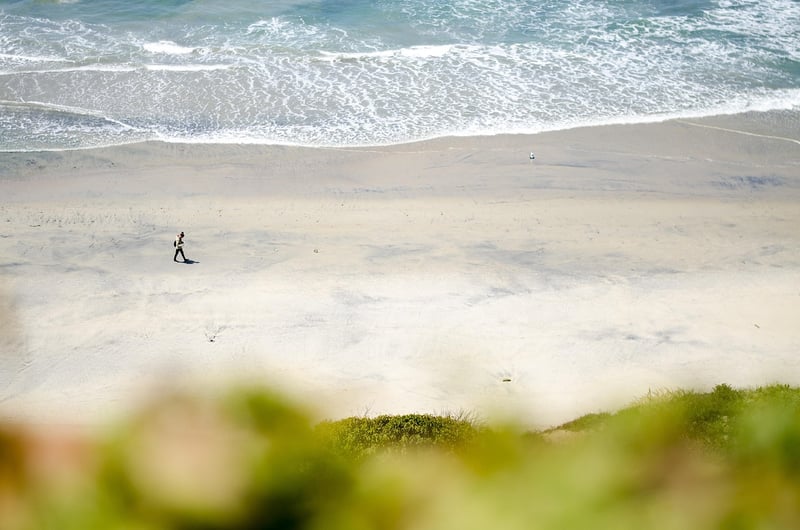Future Exploration
Exploring Different Eras and Future Exploration
Introduction
Exploring different eras and future exploration has always been a fascinating subject for humankind. From ancient civilizations to modern space exploration, the thirst for discovery and understanding has driven us to explore beyond our known boundaries.
Ancient Civilizations
Ancient civilizations such as the Egyptians, Greeks, and Romans were pioneers in exploration. From building magnificent pyramids to establishing trade routes, these civilizations set the stage for future exploration.

Age of Discovery
The Age of Discovery in the 15th to 17th centuries marked a significant period of exploration. Explorers like Christopher Columbus, Vasco da Gama, and Ferdinand Magellan ventured into uncharted waters, discovering new lands and expanding empires.

Space Exploration
With advancements in technology, the 20th century saw a new era of exploration - space exploration. From the first human landing on the moon to the exploration of Mars and beyond, space agencies like NASA and SpaceX continue to push the boundaries of human exploration.

Future Exploration
The future of exploration holds endless possibilities. From deep-sea exploration to interstellar travel, scientists and explorers are constantly seeking new frontiers to conquer. With advancements in AI, robotics, and propulsion systems, the future of exploration is bound to be revolutionary.
Key Takeaways:
- Exploration has been a driving force in human history.
- Ancient civilizations laid the foundation for exploration.
- The Age of Discovery expanded global horizons.
- Space exploration has opened new frontiers.
- The future of exploration is filled with exciting possibilities.
Whether it's delving into the mysteries of the past or reaching for the stars in the future, exploration continues to inspire and challenge us. The journey of exploration is never-ending, and with each era, we uncover new wonders that shape our understanding of the world and the universe.
